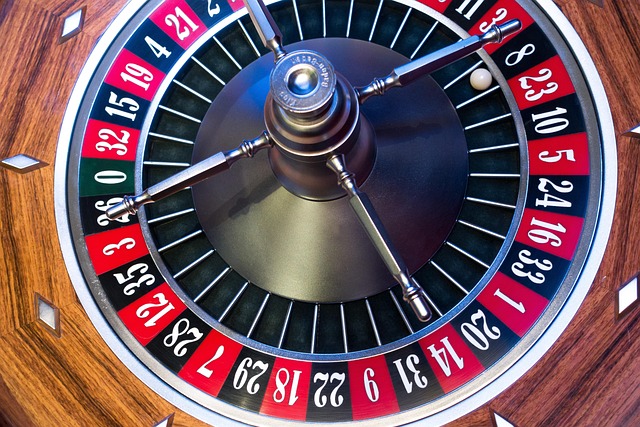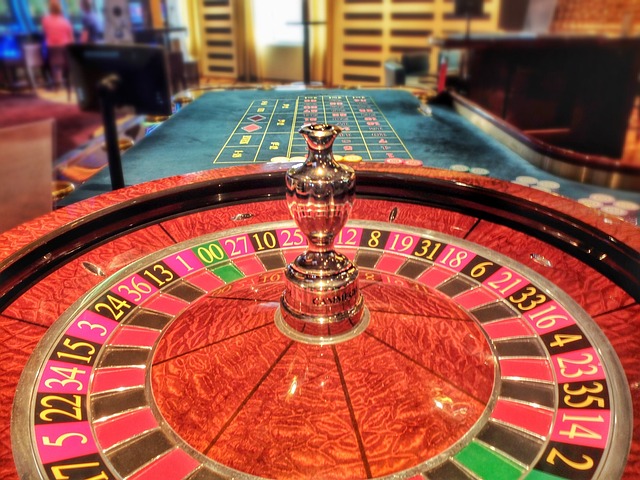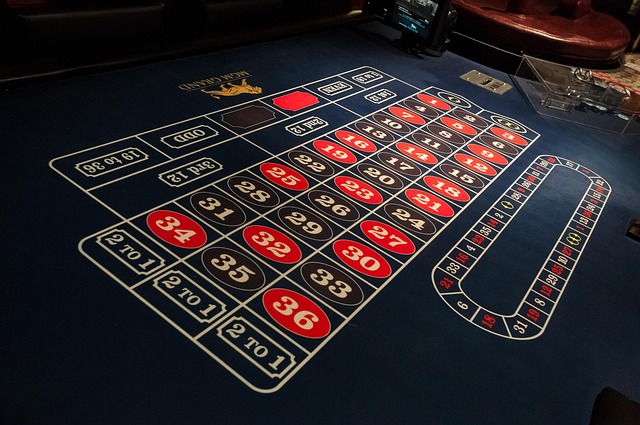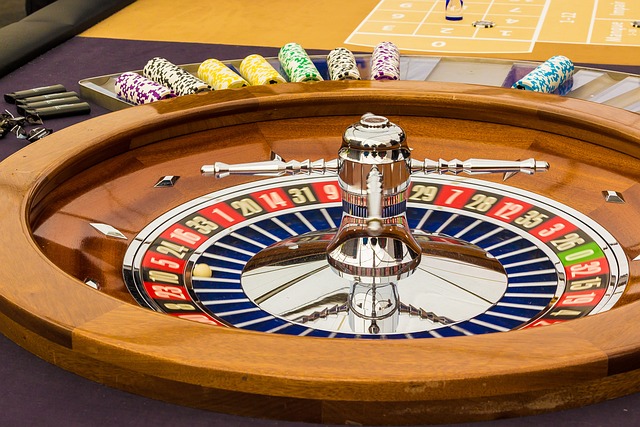Roulette combines luck and probability, with house edge impacting long-term returns. Bet types vary in odds and payouts; straight bets offer higher odds but lower payouts than group bets. Informed decision-making, bankroll management, and strategies like Martingale, Fibonacci, or Paroli can enhance profitability and gaming experience. No universal winning method, but adaptability, discipline, and mid-game tactic adjustments are crucial for success in choosing a suitable Roulette Strategy.
Roulette is a captivating game, but beating the house seems like a constant challenge. This article guides you through the intricate world of Roulette Strategy. We demystify the odds and house edge, providing insights that can transform your gameplay. From proven systems like Martingale to more nuanced approaches, we explore strategies tailored for every bettor. Learn tips on implementation and adaptation, empowering you to make informed decisions at the table. Discover how to optimize your Roulette Strategy and potentially turn the tide in this thrilling game of chance.
- Understanding Roulette Odds and House Edge
- Popular Roulette Strategy Systems Explained
- Tips for Implementing and Adapting Your Strategy
Understanding Roulette Odds and House Edge

Roulette is a game that involves both luck and understanding probability, which makes it crucial for players to grasp the roulette odds and house edge. The house edge, also known as the casino advantage, refers to the statistical advantage that the casino has over the player in each spin of the wheel. This concept is essential when devising any roulette strategy, as it determines the long-term expected return on your bets.
The odds in roulette can vary depending on the type of bet you place. Straight bets, where you wager on a single number, have higher odds but lower payouts compared to bets covering multiple numbers like columns or groups. By understanding these odds and managing your bankroll effectively, players can make informed decisions and improve their chances of leaving the table with profits, thereby enhancing their overall roulette strategy.
Popular Roulette Strategy Systems Explained

Roulette is a game that has fascinated players for centuries, and with good reason. The thrill of watching the spinning wheel and hoping for the best has led to numerous strategies being developed over time. Among the most popular are the Martingale System, Fibonacci Strategy, and the Paroli System.
The Martingale System is based on doubling your bet after each loss, with the hope that a win will bring you back to even. This strategy can be risky as it requires a significant amount of capital and assumes an infinite number of spins. The Fibonacci Strategy, on the other hand, involves betting on specific numbers based on a sequence of numbers derived from the Fibonacci series. This method is believed to reduce losses while maintaining potential for substantial wins. Finally, the Paroli System encourages players to increase their bet after each win, rather than after a loss, with the idea that winning streaks can compound quickly.
Tips for Implementing and Adapting Your Strategy

Implementing a winning Roulette Strategy requires adaptability and discipline. Start by selecting a strategy that aligns with your playing style and risk tolerance—whether it’s based on numbers, colors, or specific bet patterns. Regularly review and adjust your approach as you gain experience. Keep track of the outcomes of each spin to identify trends and fine-tune your strategy accordingly.
Remember, there’s no single Roulette Strategy guaranteed to win every time. The key lies in making informed decisions, managing your bankroll effectively, and being prepared to switch tactics mid-game if needed. Stay calm, focus on the present spin, and continually adapt to the evolving roulette landscape.
Roulette Strategy, while not guaranteed to turn you into a winner overnight, can provide a structured approach to navigating the game’s odds. By understanding the house edge and exploring proven systems like Martingale or Fibonacci, players can make informed decisions. Adapting your strategy based on outcomes is key—just remember, in any gambling game, risk and reward are intertwined.






